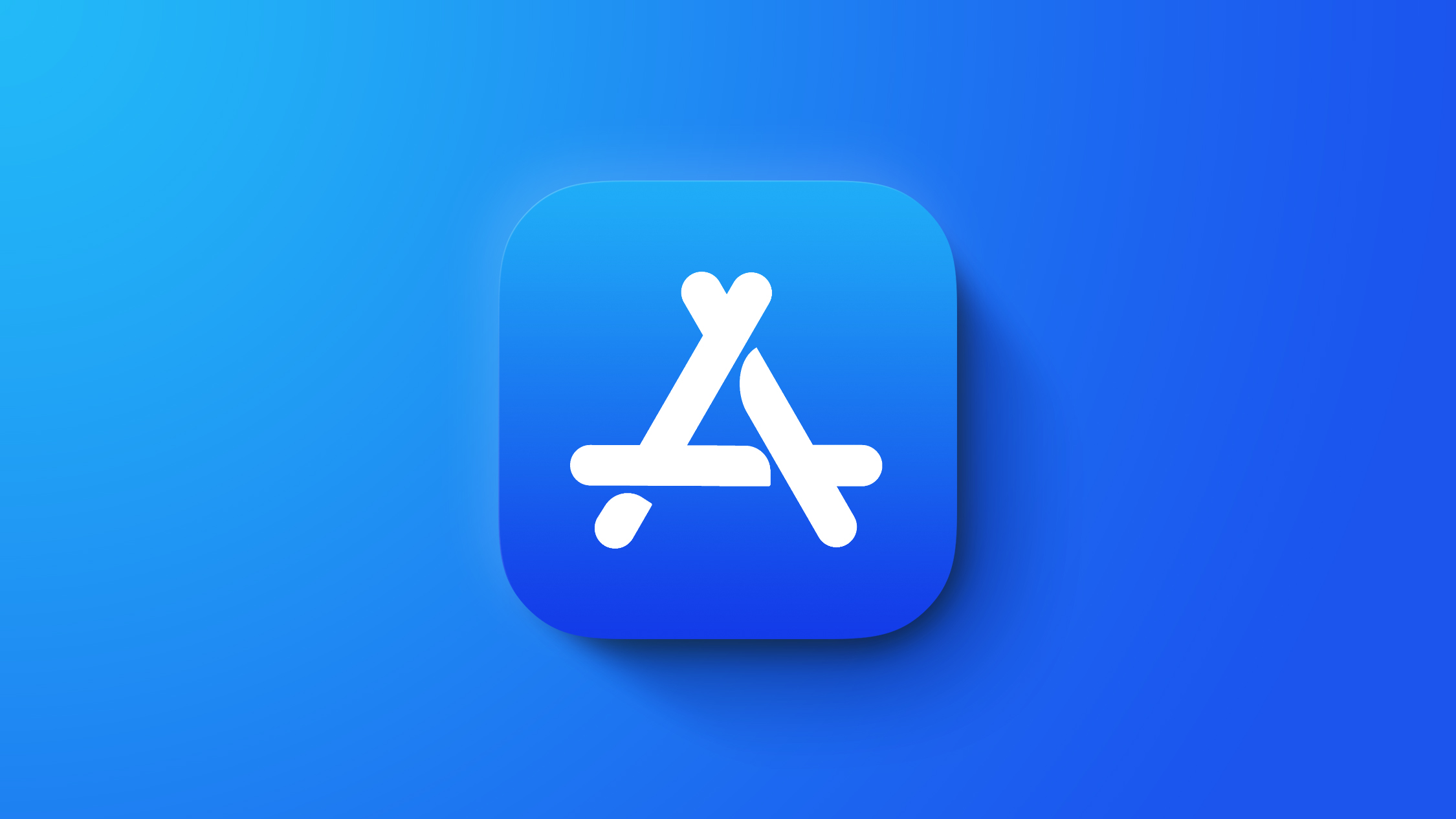
Apple today scored a victory in a long-running antitrust lawsuit when the judge overseeing the case decertified it. The antitrust lawsuit was originally filed in 2011, accusing Apple of monopolizing the iPhone app ecosystem by refusing to allow customers to download apps outside of the App Store.

Judge Yvonne Gonzalez Rogers has been handling the case since 2012, but it did make its way through the Ninth Circuit Court of Appeals and to the Supreme Court before being remanded back to a lower court. The case has dragged on because the plaintiffs have struggled to support their claims, demonstrate classwide harm, and provide a method for calculating the number of injured parties, and that's why it's now been decertified. Decertification means the case can no longer proceed as a class action lawsuit that represents all iPhone users who bought apps through the App Store. Instead, anyone who wants to sue Apple over the issue would need to file an individual lawsuit.
In a statement to MacRumors, Apple said that it was pleased with the court's decision.
The plaintiffs tried several times for class action certification and failed until 2023, when the court accepted expert testimony that promised a way to determine injury and damages on a classwide basis. At that time, Rogers granted the lawsuit class action status, but warned the plaintiffs that they would need to follow through with a functional model for determining who was harmed by Apple's actions and counted as a class member.We're pleased the Court recognized the plaintiffs failed to demonstrate the alleged harm to consumers and decertified the class. We continue to invest significantly to make the App Store a safe and trusted place for users to discover apps and a great business opportunity for developers.
The plaintiffs needed to match Apple's payor records to consumers to calculate the number of people harmed, but the expert hired to do so made multiple serious errors and the data was not able to be used. Apple filed to have the error ridden data dismissed and for decertification, and Rogers granted both.
Rogers said the expert that the plaintiffs used was "not qualified," his methods were "not reliable," and he "did not reliably apply his methods," so his testimony was not considered relevant. The plaintiffs failed to provide a methodology to match Apple ID accounts to consumers, and are not able to prove damages on a classwide basis.
The plaintiffs plan to appeal the decertification.
Article Link: Apple Scores Legal Victory as Judge Decertifies 2011 App Store Antitrust Lawsuit

